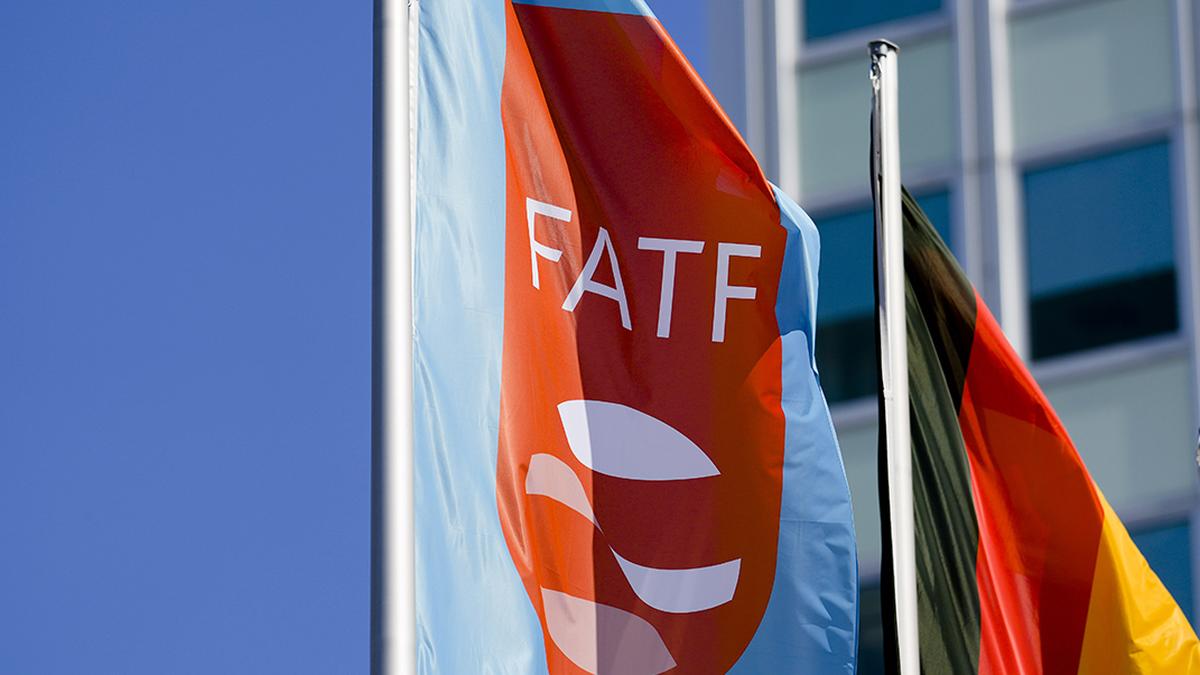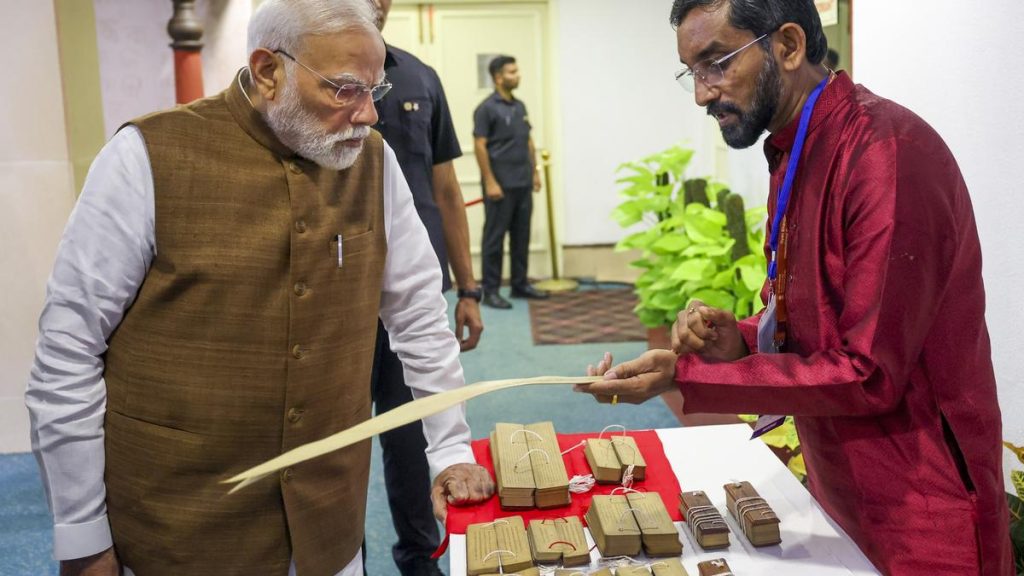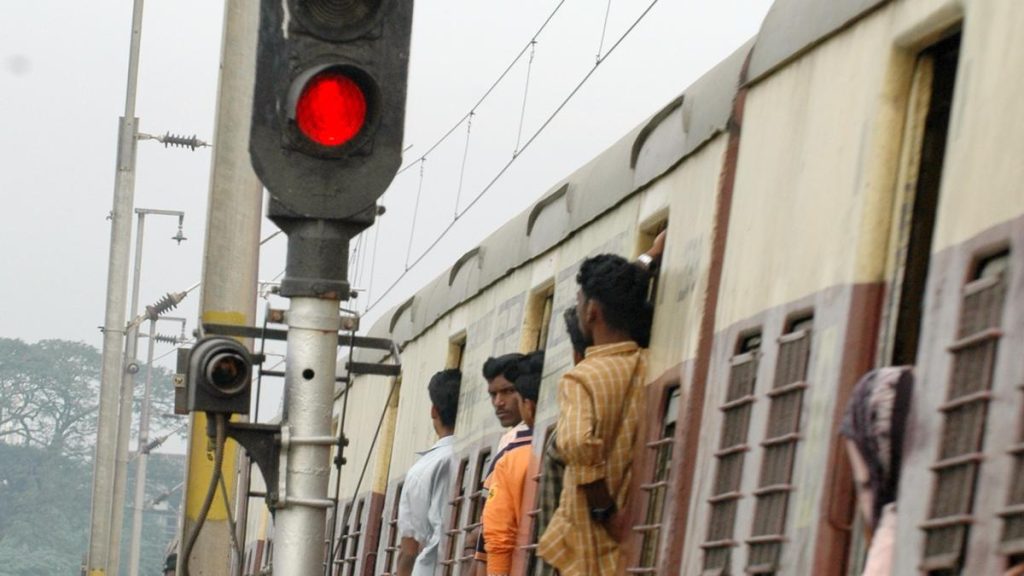Now Reading: Terror Suspects in India Used Online Payments, E-Commerce, and VPNs: Watchdog Report
-
01
Terror Suspects in India Used Online Payments, E-Commerce, and VPNs: Watchdog Report
Terror Suspects in India Used Online Payments, E-Commerce, and VPNs: Watchdog Report

Swift Summary
- FATF Report Release: The Financial Action Task Force (FATF) published a report titled “Thorough update on Terrorist Financing Risks” on July 8, 2025, documenting cases of terror financing methods in India.
- Gorakhnath Temple attack:
– On April 3, 2022, security forces thwarted a terror attack at Gorakhnath Temple in Uttar Pradesh.
– Investigation revealed the accused used PayPal and VPN services to transfer ₹6.69 lakh internationally in support of ISIL and received ₹10,323 from foreign sources.- The suspect utilized VPNs to obscure dialog and evade detection, sending funds to individuals identified as ISIL followers abroad.
- Pulwama Attack Findings:
– The February 2019 suicide bombing killing CRPF personnel used aluminium powder procured via Amazon’s e-commerce platform as a key component for an improvised explosive device (IED).
– Investigators charged 19 individuals under the Unlawful Activities (Prevention) Act; among them were seven foreign nationals including the suicide bomber.
- Broader Observations by FATF:
– E-commerce platforms and online marketplaces (EPOMs) are exploited for terror funding through fraudulent shop fronts or trade-based money laundering techniques like over/under-invoicing.
– Terrorists use EPOMs to acquire equipment/weapons/chemicals or even sell items like wildlife articles or stolen artifacts for financing operations.
Indian Opinion Analysis
The FATF’s findings spotlight key vulnerabilities within financial ecosystems that terrorists exploit. With incidents such as the Gorakhnath temple attack showing active use of payment services like PayPal and VPN technology, India’s cybersecurity policies face significant challenges.Enhancing monitoring frameworks for international financial transactions becomes all the more critical when small amounts can fund major operations globally. Meanwhile, e-commerce platforms’ misuse in the Pulwama case illustrates gaps between commerce regulation and anti-terror vigilance systems. India’s regulatory bodies must partner with global entities to refine tracking mechanisms while balancing privacy concerns with national security needs.
These revelations underline deeper implications: evolving tech poses newer risks for law enforcement worldwide; cooperation between nations is essential due to cross-border perpetrators involved in these crimes.it’s crucial now that India aligns its counter-terrorism measures both technically and legally with dynamic FATF standards without hindering legitimate economic progress associated with digitization.
Link: Read More
























